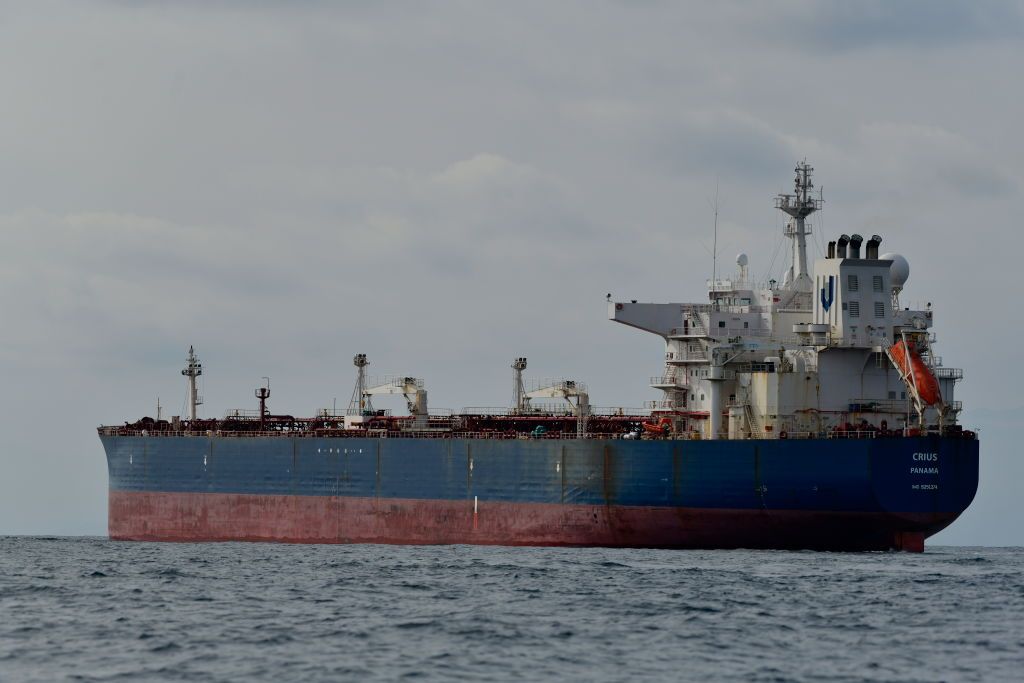Bloomberg: EU planning restrictions on 11 vessels of Russia's shadow fleet

The EU has proposed restrictions on 11 ships believed to be part of a shadow fleet of vessels that help Russia evade sanctions, Bloomberg reported on May 7.
If approved, the ships will be banned from EU ports and barred from using European companies' services.
The shadow fleet refers to aging and largely uninsured oil tankers that Russia uses to transport oil above the $60 per barrel price cap that the EU, the U.S., and the Group of Seven (G7) countries imposed in December 2022 as part of the effort to cut Moscow's fossil fuels revenue.
On April 22, Swedish Navy chief Ewa Skoog Haslum said Russia's shadow fleet of oil tankers is possibly conducting espionage in the Baltic Sea as well as helping circumvent sanctions on the trade of Russian oil.
Haslum said some of the ships from the shadow fleet have been found to possess communications and signals equipment not usually associated with cargo vessels, leading to concerns they could be used in "hybrid operations."
The equipment could possibly be used to intercept communications or perform other acts of espionage, she added.
The EU is also working on a proposal to limit imports of Russian liquified gas (LNG) as part of the upcoming 14th package of sanctions, European Commissioner for Energy Kadri Simson said on May 6, as reported by European Pravda.
Despite Brussels' target to be free of Russian fossil fuels by 2027, several EU members remain heavily reliant on Russian gas, and imports of LNG from Russia reached record highs last year.
Speaking at a press briefing in Kyiv, Simson reportedly said there are currently no sanctions against Russian LNG, but EU energy ministers "made a decision and proposed a tool to limit the access of Russian liquefied natural gas to our energy terminals."
Simson also said the EU is preparing for a sudden end to the Russian pipeline gas supply when the transit contract between Ukraine and Moscow expires at the end of this year.














